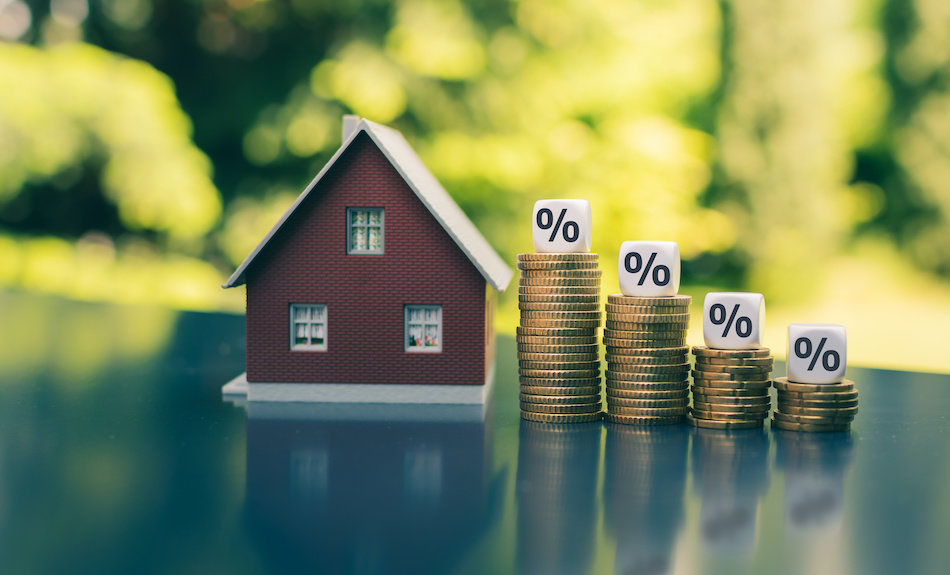How Are Interest Rates Determined? Discover The Factors Here
Posted by Lauren Schneider on Tuesday, March 23rd, 2021 at 7:45am.
 The interest rate a buyer secures on their loan can greatly impact their financial outlook for years to come. Each time the interest rate increases or drops can mean thousands of dollars in difference over the loan's life. But, what governs what sort of interest rate a buyer will pay? Read about these factors below and learn how an interest rate can be either raised or lowered.
The interest rate a buyer secures on their loan can greatly impact their financial outlook for years to come. Each time the interest rate increases or drops can mean thousands of dollars in difference over the loan's life. But, what governs what sort of interest rate a buyer will pay? Read about these factors below and learn how an interest rate can be either raised or lowered.
For informational purposes only. Always consult with a licensed mortgage or home loan professional before proceeding with any real estate transaction.
Good Credit Means Lower Rates
Generally, a home buyer with a better credit score will get a lower interest rate than a buyer with a lower credit score. Credit scores are based on factors that include the length of a buyer's credit history, their ability to use different kinds of credit, their debt ratio, and their history of making payments on time.
Buyers should look over their credit reports before applying for a mortgage. Any mistakes on the report can artificially lower the score, leading to an interest rate higher than it should be. Leaving errors is one of several common mortgage mistakes.
Buyers should be careful to avoid actions that can lower their credit score before buying a home, including opening new credit lines, closing old ones, and forgetting to make payments on loans they already have.
Try for More Money Down at Closing
The bigger a down payment a borrower can come up with, the less they will pay in interest. Buyers who make down payments of less than 20 percent will also have to pay for private mortgage insurance (PMI) each month.
However, the down payment is not the only money at closing that can reduce an interest rate. Points, also known as discount points, can lower the interest rate. This upfront fee means paying less over time.
Paying closing costs upfront can also lower the buyer's interest rate. Often, lenders may reduce closing costs in exchange for a higher interest rate over the loan's life. By paying upfront, buyers can save by paying less interest.
Buyers should compare the outcomes for paying more upfront versus paying more in interest later. No one path is right for everyone.
Fixed-Rate vs. ARM Loans
The type of loan a buyer chooses can also be a huge factor in the interest rate. A fixed-rate loan has the same interest rate for the life of the loan. Although the lender will not increase the interest rate unless the buyer refinances, it will not go down. In many cases, a fixed rate may be higher than what is offered through an adjustable-rate mortgage, also known as an ARM.
An ARM typically starts with a lower interest rate. However, these rates often increase substantially later on. A buyer who does not think they will stay in the house for the rest of their life may wish to consider an ARM over a fixed interest rate. If the buyer sells before the rate changes, they can take advantage of the lower rate early. However, they may find that they wish to refinance if they live in the house when the higher rate kicks in.
A buyer should carefully consider the pros and cons of a fixed-rate mortgage vs. an ARM.
Understand the Factors
These are just a few of the factors that can affect buyers' interest rates when they get a mortgage. By understanding them, buyers can make a more informed decision. Because every small adjustment in the interest rate can add up to thousands of dollars' difference, making the right choices when applying for mortgages can make a big difference in your financial future.
For informational purposes only. Always consult with a licensed mortgage or home loan professional before proceeding with any real estate transaction.
